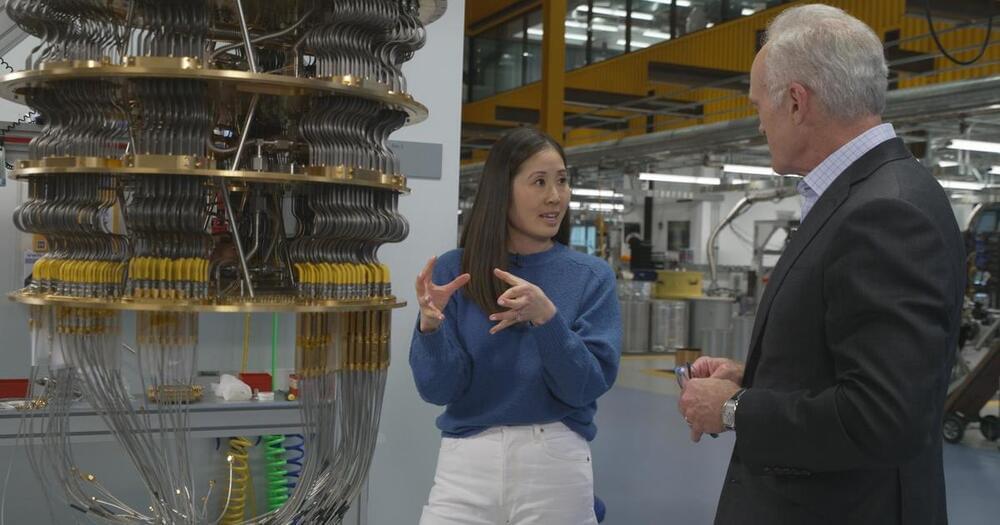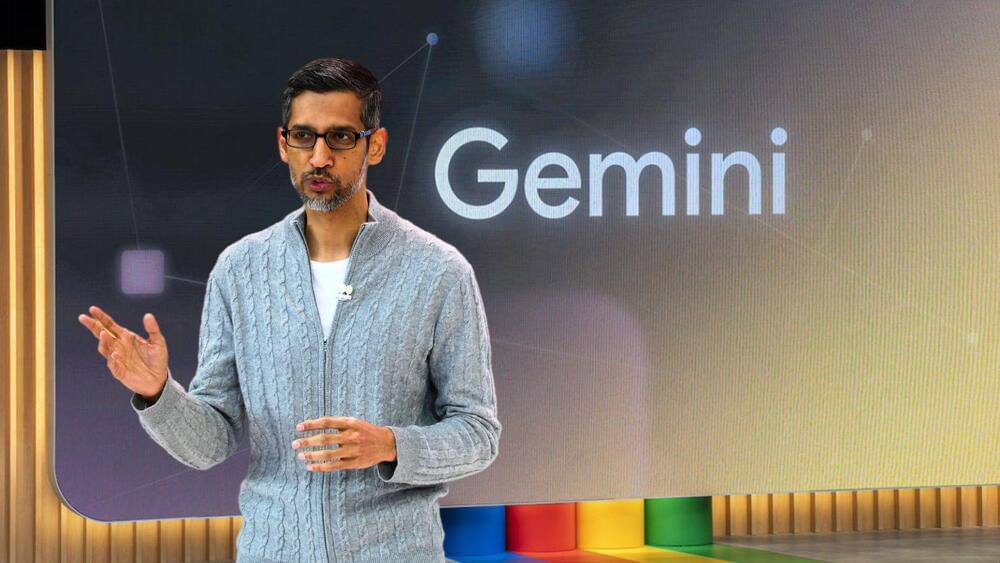Dec 4, 2023
Harvesting more solar energy with two-dimensional supercrystals
Posted by Saúl Morales Rodriguéz in categories: chemistry, particle physics, solar power, sustainability
When Emiliano Cortés goes hunting for sunlight, he doesn’t use gigantic mirrors or sprawling solar farms. Quite the contrary, the professor of experimental physics and energy conversion at LMU dives into the nanocosmos.
“Where the high-energy particles of sunlight, the photons, meet atomic structures is where our research begins,” Cortés says. “We are working on material solutions to capture and use solar energy more efficiently.”
His findings have great potential as they enable novel solar cells and photocatalysts. The industry has high hopes for the latter because they can make light energy accessible for chemical reactions—bypassing the need to generate electricity. But there is one major challenge to using sunlight, which solar cells also have to contend with, Cortés knows: “Sunlight arrives on Earth ‘diluted,’ so the energy per area is comparatively low.” Solar panels compensate for this by covering large areas.


















